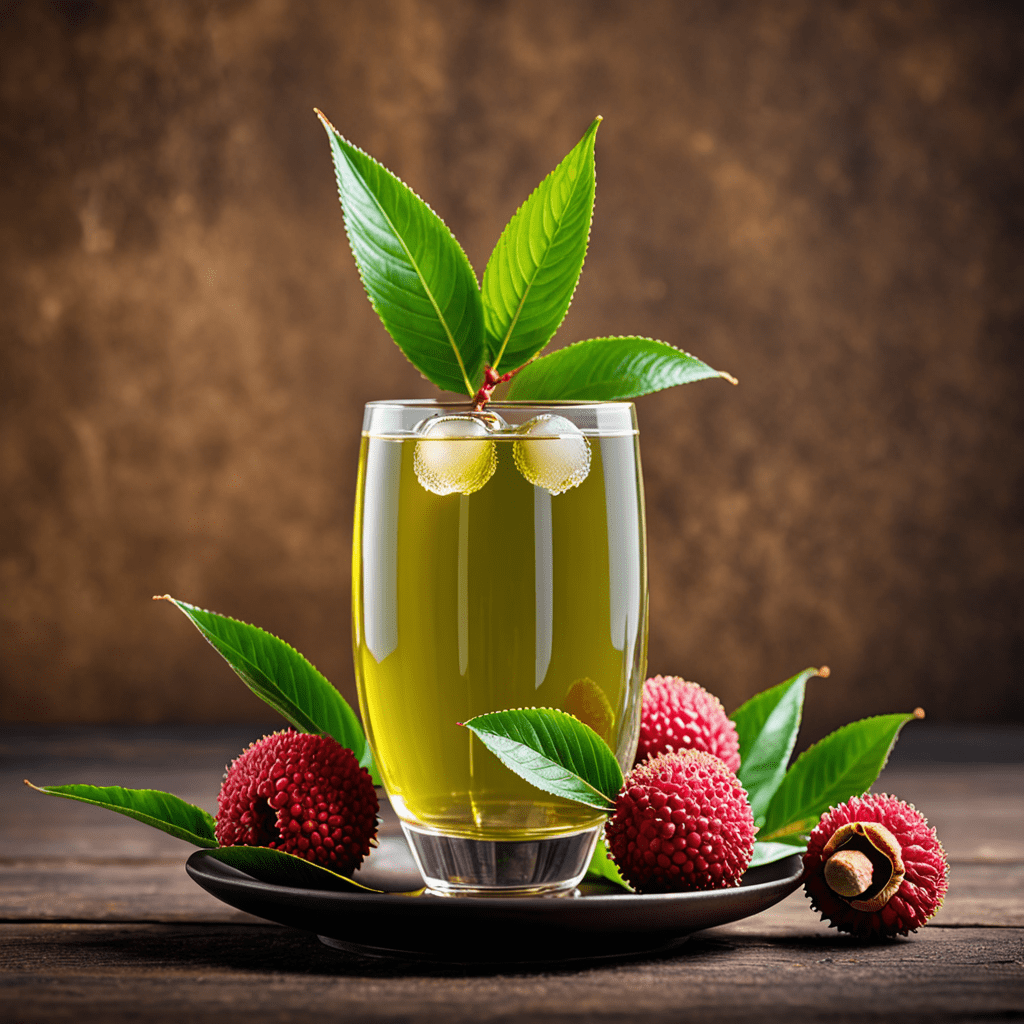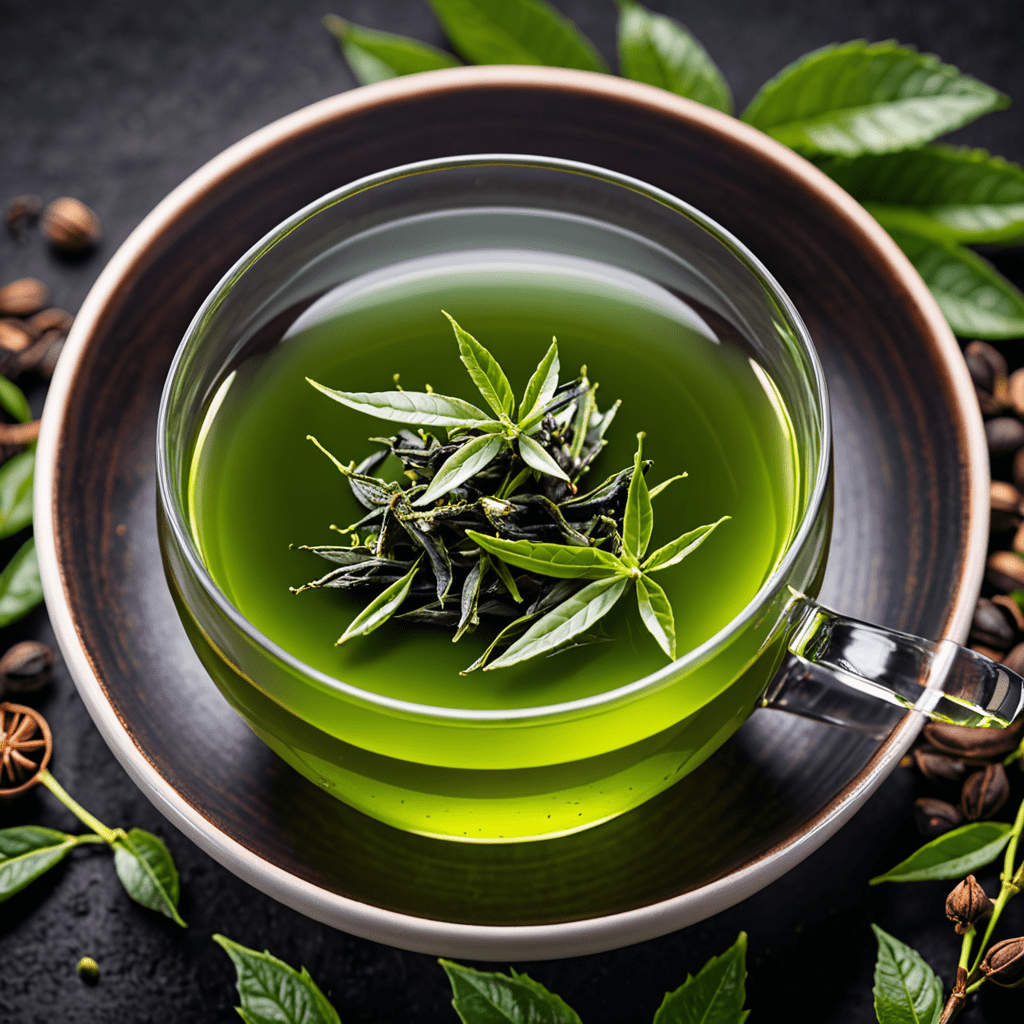
Can Children Drink Green Tea? A Guide for Parents
As parents, we are often concerned about what beverages are appropriate for our children to consume. With its numerous health benefits, green tea has gained popularity in recent years. But at what age can a child drink green tea? In this article, we will explore the topic and provide guidance for parents looking to introduce green tea to their child’s diet.
The Benefits of Green Tea
Before diving into the age-appropriateness of green tea for children, let’s briefly recap the numerous benefits this popular beverage offers. Green tea is rich in antioxidants, which can help protect the body against damage caused by free radicals. It may promote weight loss, improve brain function, and reduce the risk of certain chronic diseases, such as heart disease and type 2 diabetes.
Ages 0 to 6: Not Recommended
Between the ages of 0 to 6, it is generally not recommended for children to consume green tea. During this critical period of growth and development, children rely on essential nutrients found in breast milk or formula. Introducing green tea as a replacement for these vital nutrition sources may not provide the necessary nutrients for optimal growth.
Ages 7 to 12: Moderation is Key
Between the ages of 7 to 12, children may begin to explore different flavors and develop a curiosity about beverages like green tea. While green tea can be introduced in moderation at this age, it is essential to monitor their intake. Like all caffeinated beverages, green tea contains caffeine, albeit in lower amounts compared to coffee or black tea. Caffeine consumption should be limited to avoid potential side effects such as irritability, sleep disturbances, and anxiety.
Ages 13 and Above: Enjoying Green Tea Responsibly
Once children enter adolescence, they are more capable of understanding the effects of consuming caffeinated beverages responsibly. At this stage, it is acceptable for teenagers to enjoy green tea in moderation. However, it is still crucial to educate them about potential side effects and the importance of not exceeding recommended daily caffeine limits.
Alternatives to Caffeinated Green Tea
If you are hesitant about introducing green tea to your child due to the caffeine content, there are alternative options available. Non-caffeinated herbal teas, such as chamomile or peppermint tea, are fantastic substitutes that can provide the soothing and calming effects without the caffeine. These herbal teas are safe for children of all ages to enjoy.
Frequently Asked Questions
1. How much green tea is considered safe for children?
Children between the ages of 7 to 12 should consume no more than 25 milligrams of caffeine per day, which is equivalent to approximately one cup of green tea. Teenagers aged 13 and above can safely consume up to 40 milligrams of caffeine per day, equivalent to around two cups of green tea.
2. Are there any health risks associated with children drinking green tea?
While moderate green tea consumption is generally safe for children, excessive intake of caffeine from any source can lead to adverse effects. It is important to monitor your child’s caffeine consumption and watch for signs of caffeine sensitivity, such as restlessness, jitteriness, rapid heart rate, or difficulty sleeping.
3. Can green tea interfere with a child’s nutrient absorption?
Green tea contains compounds called catechins, which can inhibit the absorption of iron and other minerals. To ensure adequate nutrient intake, it is advisable to space out the consumption of green tea with meals and not drink it immediately before or after a meal.
4. Can adding sugar or honey to green tea make it more appealing for children?
While adding sugar or honey may make green tea more palatable for children, it is important to limit the amount of added sweeteners. Excessive sugar consumption can contribute to various health problems, including tooth decay and obesity. Gradually reduce the amount of sweetener used until your child becomes accustomed to the natural taste of green tea.
5. Are there any other beverages that offer similar health benefits for children?
If you are concerned about introducing green tea to your child, several other beverages offer similar health benefits. Herbal teas, fruit-infused water, or freshly squeezed juices from fruits and vegetables can provide valuable nutrients and hydration without caffeine.
In conclusion, green tea can be introduced to children aged 7 and above in moderation. Prioritizing awareness of caffeine intake, opting for non-caffeinated alternatives, and monitoring their overall diet and health are crucial. By making informed decisions, parents can help their children enjoy the benefits of green tea while ensuring their well-being.


